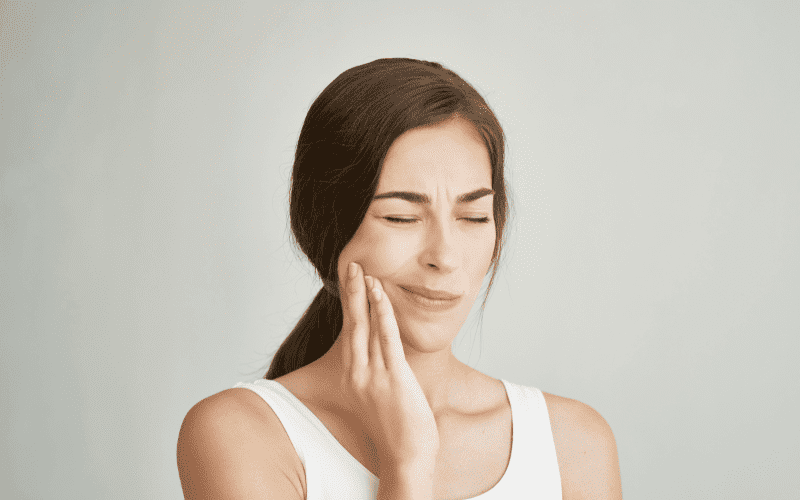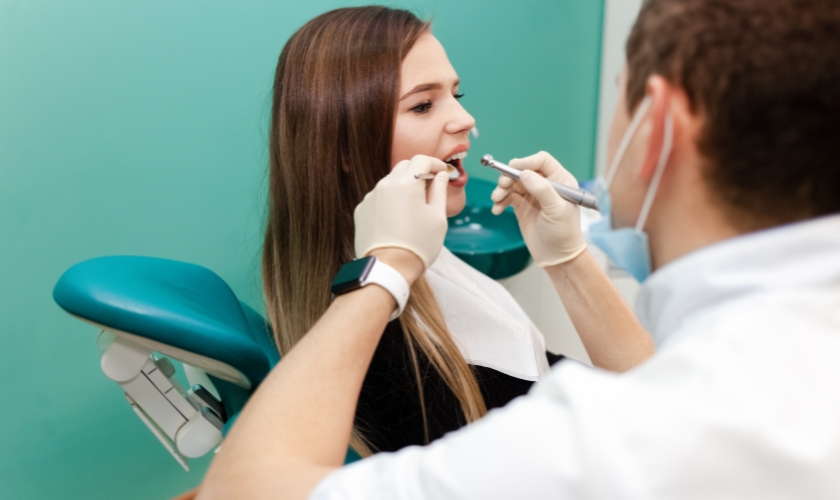We are not a registered HMO/Medicare/Medicaid provider instead, try our Membership Plan
Managing Dental Pain: Quick Relief Tips for Emergencies

Dental pain can strike unexpectedly and bring your day to a halt. Whether it’s a throbbing toothache or a sudden sensitivity, managing that pain effectively is crucial. Knowing how to quickly relieve dental pain can make a big difference in your comfort and well-being. In this guide, we’ll walk you through some simple yet effective ways to manage dental pain until you can get professional help.
From over-the-counter solutions to natural home remedies, you’ll discover practical tips to ease your discomfort. Understanding these strategies not only helps you feel better but also prepares you to act swiftly in case of a dental emergency. Read on to explore how you can tackle dental pain and keep it under control.
Understanding Different Types of Dental Pain
Dental pain comes in many forms, each signaling a different underlying issue. Recognizing the type of pain you’re experiencing helps in managing it effectively. Here’s a breakdown:
- Toothaches: Commonly indicate cavities, gum disease, or an infection.
- Throbbing Pain: Often suggests an abscess or significant infection.
- Sharp Pain: Could result from a cracked tooth or worn enamel.
- Sensitivity to Temperature: Hot or cold sensitivity may arise from exposed roots or thinning enamel.
Knowing the nature of your pain helps you choose the best remedy. For instance, a cold compress can alleviate throbbing pain, while avoiding extreme temperatures may ease sensitivity. Additionally, recognizing when professional help is necessary can prevent minor issues from becoming severe. If you experience a sudden increase in pain or swelling, it’s crucial to seek immediate care, especially for dental emergencies in San Leandro. Properly assessing your dental pain can prevent further complications and help you manage discomfort effectively.
Quick Relief Tips for Managing Dental Pain
Understanding the Causes of Dental Pain
Dental pain can stem from various issues, including cavities, infections, or gum disease. Identifying the root cause of your discomfort is essential for effective relief. Common culprits include:
- Tooth decay: Cavities can cause sharp, throbbing pain.
- Gum infection: Swollen or infected gums can lead to discomfort.
- Tooth sensitivity: Exposure of tooth roots can result in sudden pain.
If you’re unsure about the cause, it’s best to consult with your dentist in San Leandro. They can provide a precise diagnosis and appropriate treatment plan.
Over-the-Counter Pain Relief Options
For immediate relief, over-the-counter pain medications can be a lifesaver. Here are some effective options:
- Ibuprofen or Acetaminophen: These can help reduce pain and inflammation. Always follow the dosage instructions on the label.
- Topical numbing agents: Gels or ointments that contain benzocaine can numb the affected area temporarily.
These medications offer quick relief but remember, they only address the symptoms. You’ll need to see your dentist for a long-term solution.
Quick At-Home Remedies for Immediate Relief
When dental pain strikes unexpectedly, knowing how to alleviate it at home can be a lifesaver. Here are some quick remedies:
- Over-the-Counter Painkillers: Medications like ibuprofen or acetaminophen reduce inflammation and provide fast relief.
- Cold Compress: Applying a cold compress to your cheek numbs the area and reduces swelling.
- Saltwater Rinse: Dissolve a teaspoon of salt in warm water and rinse several times a day to reduce inflammation and fight bacteria.
- Clove Oil: Apply directly to the painful area using a cotton ball for its numbing effect.
When to Seek Immediate Dental Care?
Some dental issues require more than just home remedies; they need immediate professional attention. Knowing when to see a dentist can save your teeth and prevent complications. Here are some signs that you need urgent care:
- Severe Pain or Swelling: If your pain is intense or accompanied by swelling, you should see a dentist right away.
- Persistent Bleeding: Bleeding that doesn’t stop after 15 minutes of pressure signals a need for immediate care.
- Signs of Infection: Pus, severe pain, or fever could indicate a dental abscess, requiring prompt treatment.
- Broken or Knocked-Out Teeth: Time is of the essence in these cases; immediate dental care increases the chances of saving the tooth.
If you experience any of these symptoms, don’t delay seeking care. While home remedies can help manage pain, they won’t address these more serious issues. Contact your dentist immediately if you experience any of these conditions to prevent further damage and ensure proper treatment.
Managing Dental Pain During a Tooth Emergency
In cases of Dental Emergencies in San Leandro, quick action is essential. Here’s what you should do:
- Contact your dentist immediately: Let them know about your symptoms and follow their instructions.
- Keep the area clean: Avoid touching or disturbing the affected area. Rinse gently with saltwater if needed.
- Use pain relief: Over-the-counter medications can help manage pain until you receive professional care.
Being prepared and knowing what to do in an emergency can make a significant difference in your comfort and recovery.
Tips for Long-Term Dental Health
Preventing dental pain is often easier than dealing with it after it starts. To maintain good oral health and avoid future issues:
- Brush and floss daily: Proper oral hygiene can prevent cavities and gum disease.
- Regular check-ups: Visit your dentist for routine exams and cleanings.
- Healthy diet: Limit sugary foods and beverages that contribute to tooth decay.
- Mouthguards: Using a mouthguard during sports or at night if you grind your teeth can prevent physical damage.
Managing dental pain effectively requires understanding the source of your discomfort and knowing when to seek professional help. While home remedies and over-the-counter treatments can offer temporary relief, they are not substitutes for professional dental care. To prevent future emergencies, prioritize regular dental visits and maintain good oral hygiene. If you experience severe or persistent pain, contact your dentist immediately. Quick action can make all the difference in preserving your oral health and preventing further complications.





